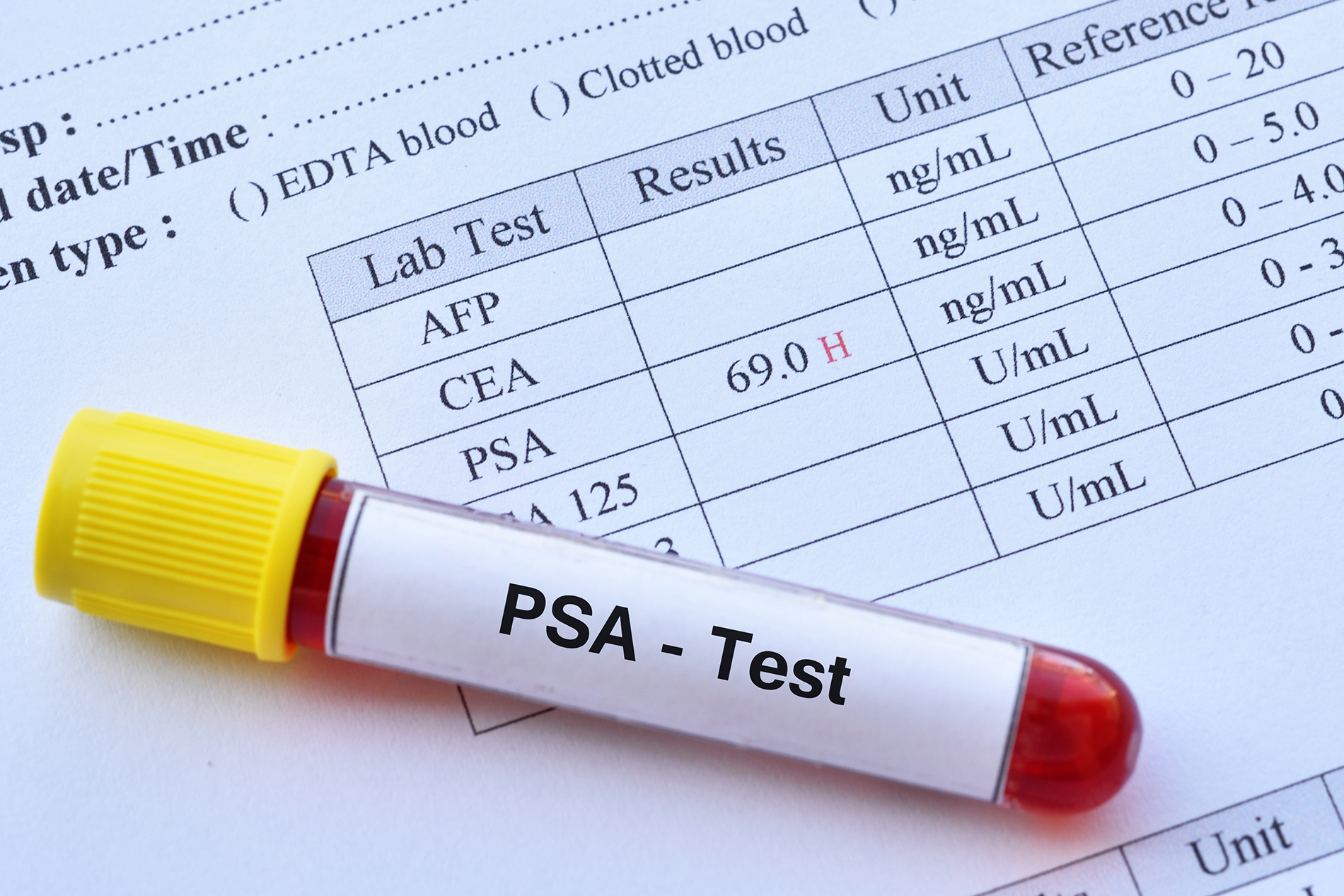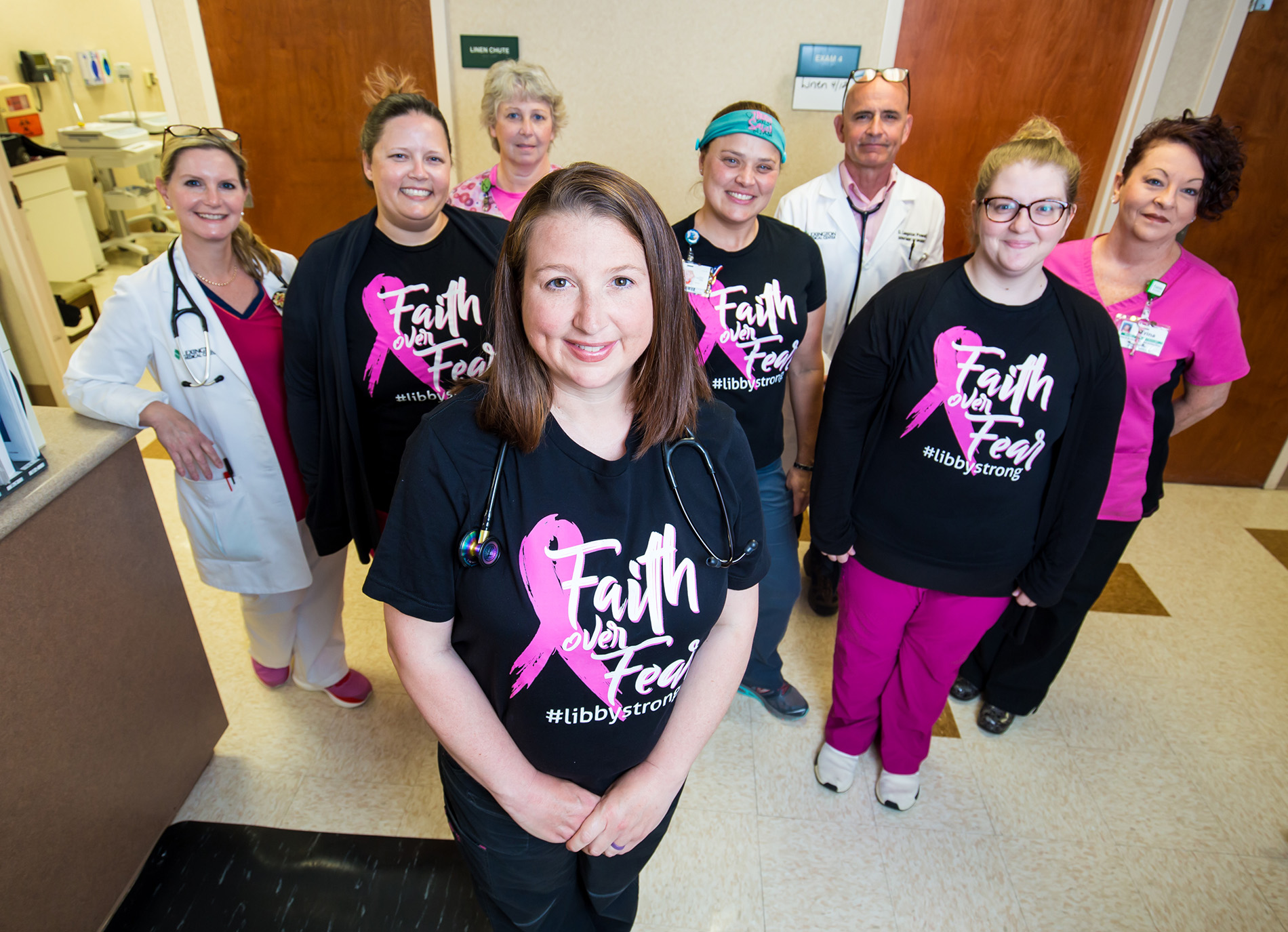Smoking is the main risk factor for lung cancer, resulting in 85 to 90 percent of lung cancers. Each year, more people die from lung cancer than from breast, prostate and colon cancer combined.
What makes lung cancer so deadly is that it is usually detected late, when treatments are less likely to help. That’s why Lexington Medical Center offers a lung cancer screening program. Screening finds lung cancer earlier, when it’s at a lower stage and more likely treatable. To date, Lexington Medical Center has performed more than 2,100 lung cancer screenings.
A patient with early-stage lung cancer has about a 73 percent chance of living another five years, but a patient with a late stage IV lung cancer has about a 13 percent chance. To put the benefit in perspective, lung cancer screening has the same strength of recommendation as breast cancer screening with mammograms.
Lung cancer remains the leading cause of cancer death in the U.S. because only a small number of patients with lung cancer are diagnosed with early-stage disease. A national study showed a decrease in mortality by 20 percent when lung cancer was diagnosed early.
Lung cancer screening is done with a low-dose CT scan of the lungs. In general, people should be screened if they are between the ages of 55 to 80 with at least a 30-pack year history of smoking, and have smoked within the last 15 years.
A pack year is one pack of cigarettes daily for a year, so if you smoke one pack per day for 30 years or two packs per day for 15 years, you have a 30-pack year history of smoking. People should ask their doctor if they think they might qualify for screening.
Once a lung nodule or tumor has been found through a screening, a biopsy usually has to be done to diagnose it.
For information about lung cancer screenings at Lexington Medical Center, call (803) 936-8050.










Leave a comment